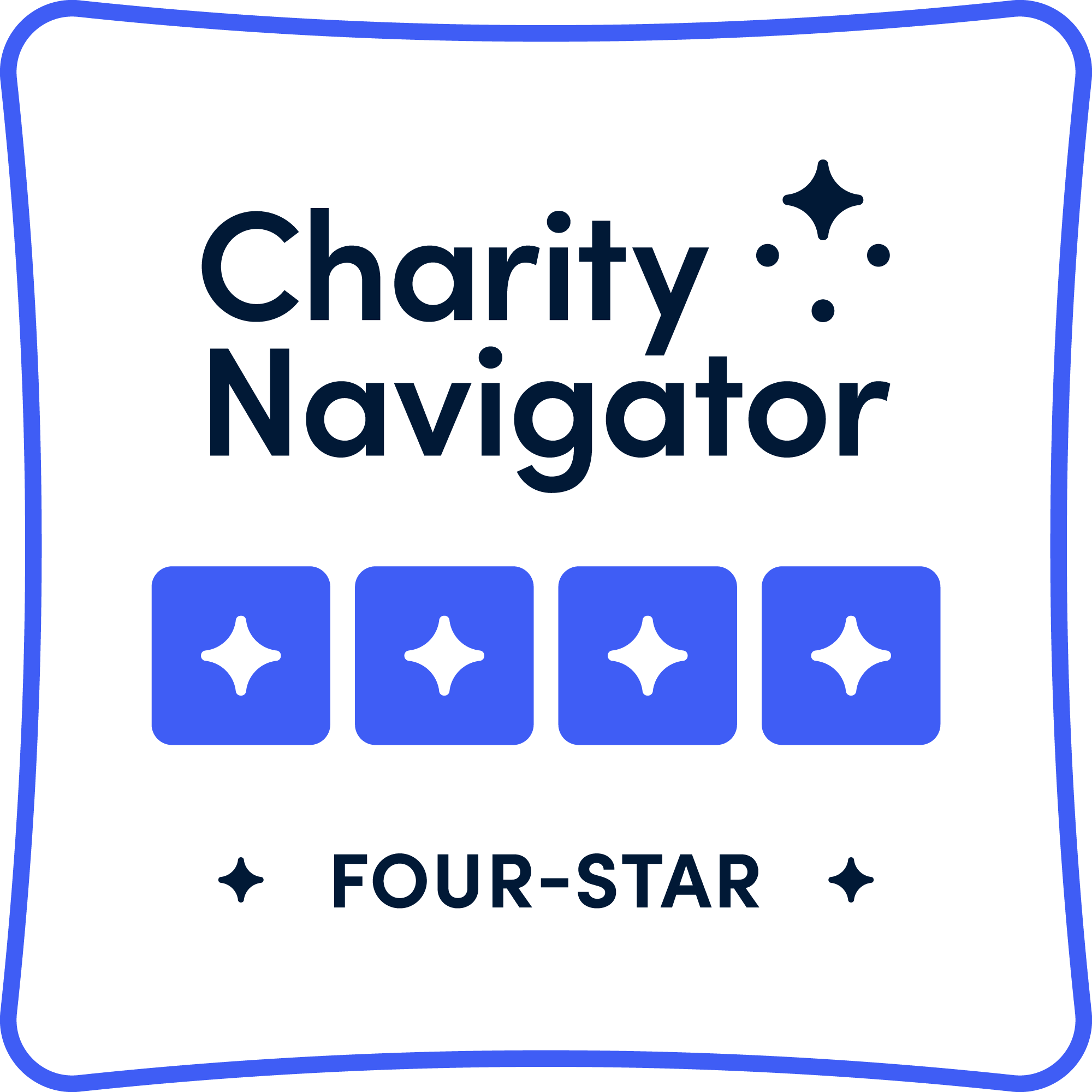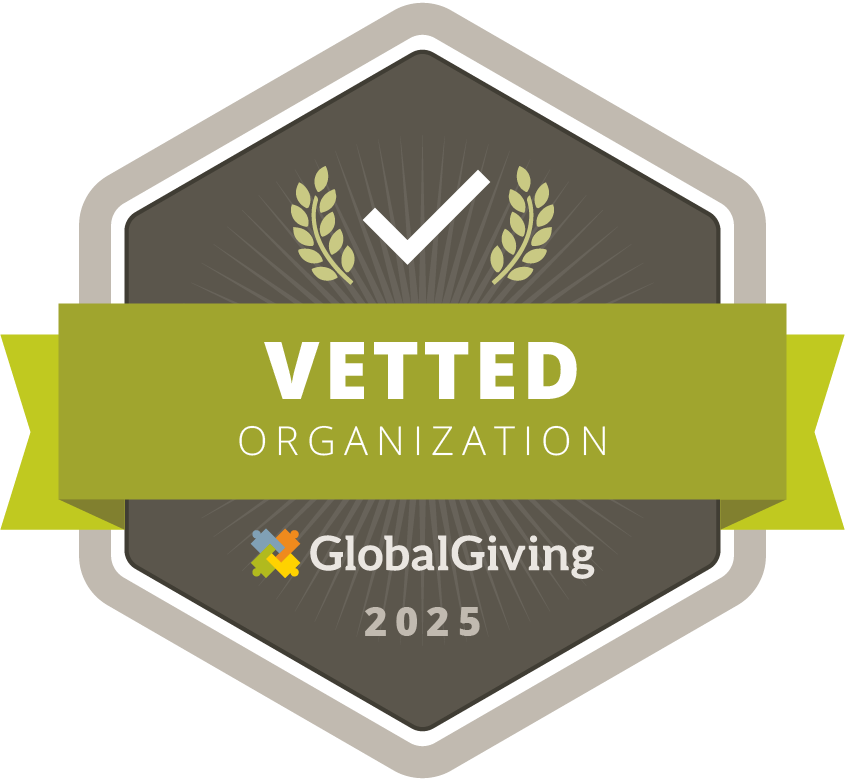Anil Rai
Growing up in a small village in Eastern Nepal, Anil Rai, now eight years old, was always a sweet and energetic boy. He was a merit student at his school and eager to learn until his vision started to blur.

Anil Rai and his family live in Aakhisalla, a remote small village in the eastern Nepali province of Dhankuta. They have a patch of farming land that provides the livelihood for the extended family. What they don’t consume, they sell at the bazaar to buy what they can’t grow. Healthcare services are almost inaccessible in Aakhisalla. It took a long time for Anil's family to realize that there was something wrong with his eyes, especially because no one else in the family presented similar symptoms. While waiting for the diagnosis, Anil, like many other visually impaired children, had to endure even more than their handicap. His mother Reeta shared how frustrated she and her husband were about Anil’s behavior.
“When he was in second grade,” Reeta said, “his results in school started to get bad, and he didn’t seem able to do any work in the house. Whenever we asked him to do something, he would just run into us and look around confused. We would tell him to pick up something and become angry at him when he couldn’t find it. We yelled at him. We had no idea he couldn’t see properly.”
Anil’s eyesight gradually worsened, and he started to squint his eyes narrower and narrower, so much that his teacher started suspecting that their unusual shape was an indicator of a grave, congenital disability. His family grew concerned about his autonomy and ability to take care of himself: “What if he became blind? How much trouble would he face? Who would take care of him when I am no longer around?” wondered Reeta.
They also knew that on their farmers’ livelihood the family would not be able to afford an examination to determine the cause of Anil’s vision impairment and certainly not the treatment. After some time Reeta found out about an outreach event in Piple, where Anil was diagnosed with bilateral cataracts and referred to Dhankuta Eye Hospital for treatment. The doctors in Dhakuta confirmed the diagnosis. Discouraged, they went back Aakhisalla, where a neighbor told Reeta about the Tilganga Institute of Ophthalmology. She took Anil to Kathmandu where the staff at Tilganga delivered the surgery at no cost. The operation was successful, and Anil left Tilganga with his sight restored and excited at the idea of returning to school. Anil told his mother Reeta: “You used to look very small but now you look big and good.” Later, he also said: “I’m so delighted to be able to walk by myself and see the world, to see that the carpet is red when I used to think it was black. I don’t think there is a better feeling than this.”

“I feel blessed and I am really thankful,” said his mother. “I wished for my son to get normal vision and study better in the future, but I was worried we couldn’t afford the treatment. Everything was arranged for free. I am very grateful to the Tilganga Institute of Ophthalmology: the doctors and the nurses who help us are like God to me.”
Anil is just one of numerous children living with cataract blindness in Nepal. Thanks to the services provided by Tilganga Institute of Ophthalmology, many others are no longer forced to live their life in darkness.



